Alert Level 1
COVID-19 is a new illness. It is caused by a coronavirus.
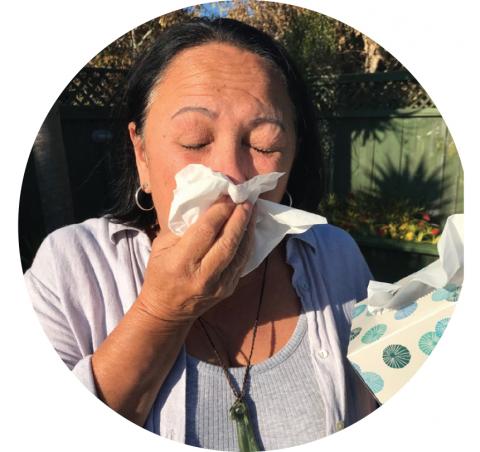
If you have COVID-19 you might:
- Have a cough.
- Have a fever - this is when you get hot.
- Find it hard to breathe.
It is important to know that people who get a cold or flu may also have these things.
Some people with COVID-19 may not get sick. But they can still pass the virus to another person.
It can take up to 14 days from the time a person has been around someone with COVID-19 to when they get sick.
You are more likely to get very sick if you are:
If you are feeling sick and think it might be COVID-19, call Healthline (0800 358 5453)
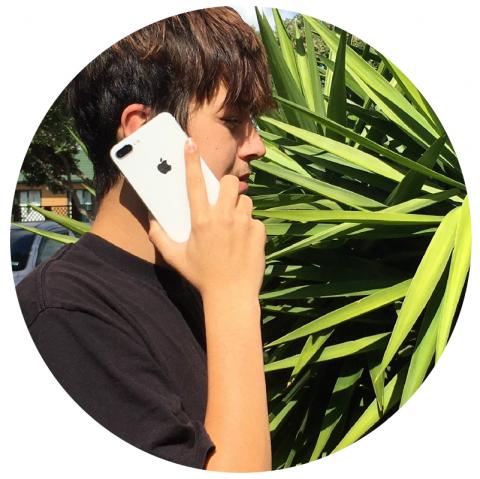
Or ring your doctor.
Don’t go to your doctor or the hospital because you could make others sick.
Here are some things you can do to help keep you and whānau safe from COVID-19.
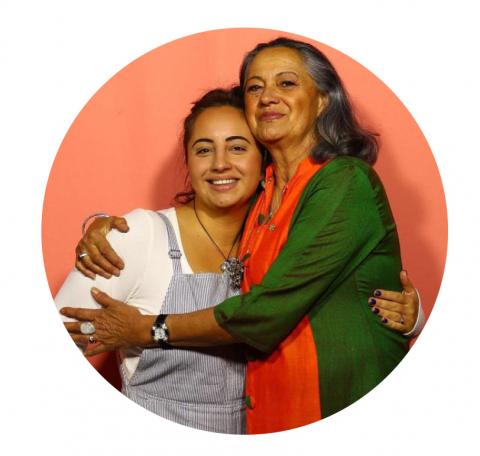
Stay home as much as possible.
If you do have to go out:
- Stay away from crowds of people.
- Make sure there are 2 meters (2 big steps) between you and other people.
- Wash and dry your hands as soon as you get home.
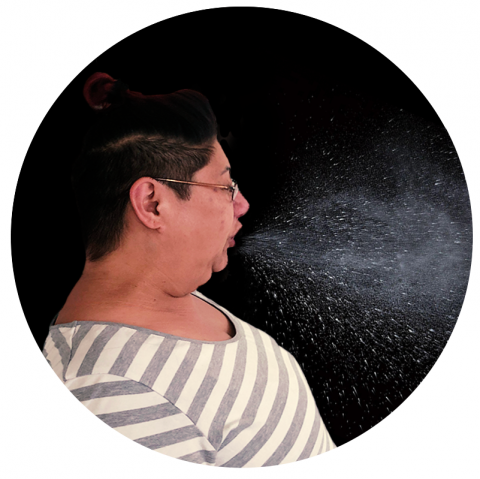
If you are sick:
- Stay at home.
- Call your Doctor or the Healthline for advice.
- Try not to have close contact with other people.
- Don’t share cups or food with other people.
- Don’t hongi, hariru, shake hands, kiss.
- Try an ‘elbow bump’ or a ‘chur bro’.
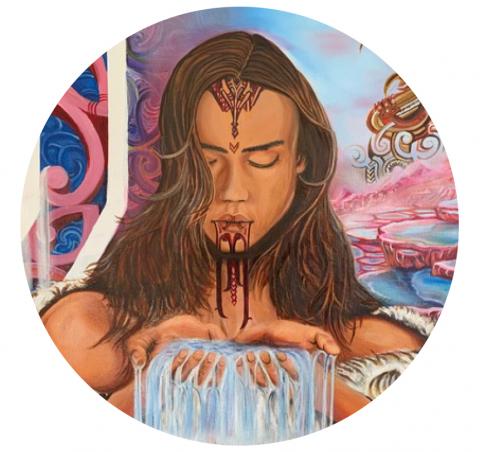
Wash and dry your hands a lot:
Always use soap and water.
Wash your hands for 20 seconds – if you sing ‘Tūtira mai ngā iwi’ or the ‘happy birthday song’ two times, that is 20 seconds.
Dry your hands well, especially between your fingers.
Try not to touch your face. Wash your hands if you do.
Cough and sneeze into your elbow or a tissue. If you use a tissue put it in a bin straight away.
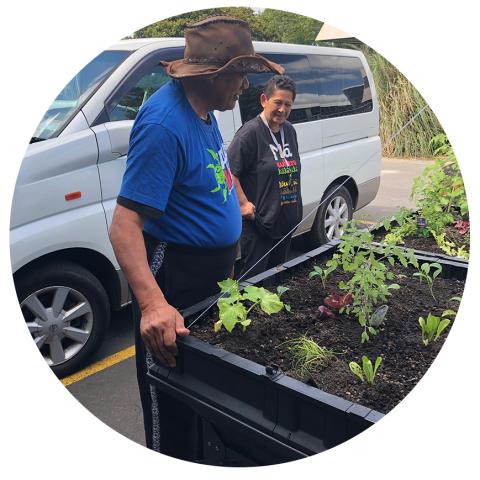
How to be healthy:
Get some good sleeps, drink lots of water and eat healthy kai.
Go outside in the fresh air but remember to stay 2 big steps away from other people.
Make sure that these people get their flu shots:
- All kaumātua.
- Other whānau members with heart disease, diabetes, kidney problems, asthma, cancer.
- Pregnant women.
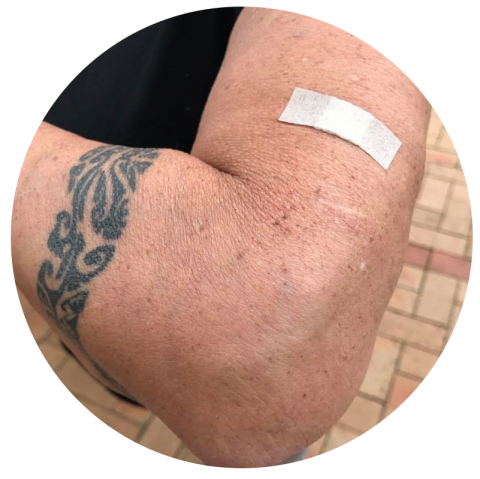
Make sure immunisations for all your tamariki are up to date.
“Take your medicines. There may be some changes to medicines because of COVID-19, so ring your doctor up if you have any questions.”
Stay away from sick people.
Don’t share cups or food with sick people.
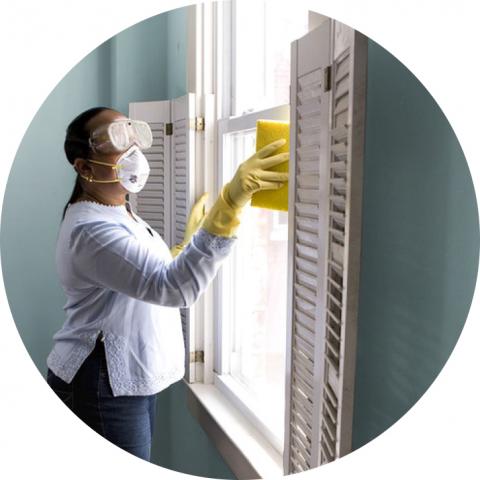
Clean your whare – door knobs, benchtops, taps, things that are touched alot, every day.
Clean your phones, tablets and computers.
Stay happy and don’t worry.
Go for a walk – remember 2 big steps away from people.
Have a laugh.
Watch out for ‘fake news’.
Have fun things to do at home – pūrakau, books, games, colouring, movies, gardening, talk about whakapapa, maramataka.
Connect with wairua – karakia, visit the ngahere, your awa or the moana.
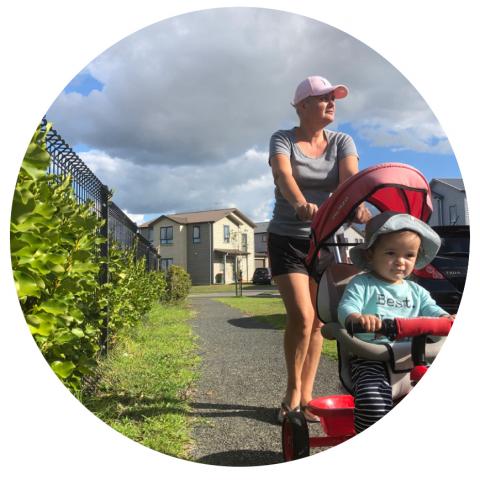
Stay connected with whānau and friends.
Phone them up.
Check in on Facebook, Instagram and other social media.
Try not to give people hugs
Don’t give hugs if you or the other (adult) person is sick. If you do, make sure everyone washes their hands before and after the hug.
If you are giving a sick tamariki a hug, wash their and your hands before and after, and try not to hug them for more than 15 minutes.
If you have kaumātua, parents and tamariki living in your whare:
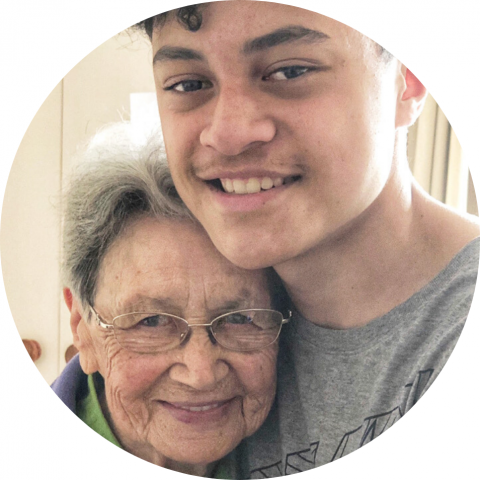
If you can, have kaumātua sleeping in their own bedroom.
Wash and dry your hands as soon as you get home.
Try to keep 2 big steps apart.
Don’t stay closer than 2 big steps for more than 15 minutes.
Everyone in your whare should wash and dry their hands a lot with soapy water.
Don’t have kaumātua look after tamariki because tamariki can give COVID-19 to kaumātua.
Get ready for ALERT LEVEL 2.
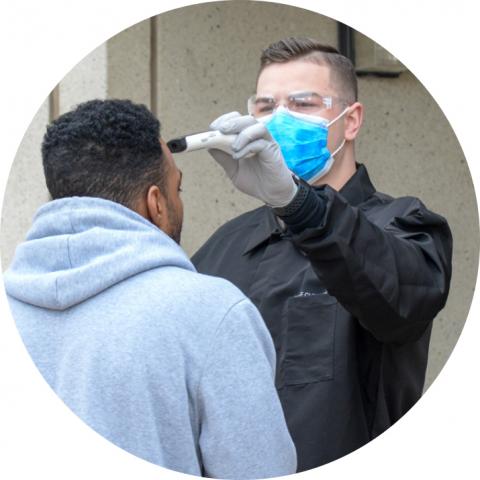
Kaumātua and people with medical conditions will be asked to stay at home.
If kaumātua live with you think about:
What will you do to protect them when you come back to the whare after being out?
Can your kaumātua have their own bedroom?
If your kaumātua lives on their own, think about:
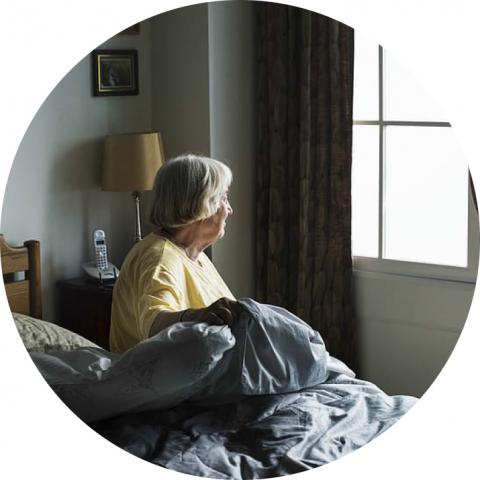
How will you make sure they have kai and other things they might need to get from the shops?
How can you stay in touch with them without visiting them?
Have they got enough of their medicines?
What else do they need for them to stay home?
